What Light: This Week’s Poem Judges (May-July 2008)
Read more about the acclaimed poets serving as judges for this What Light: This Week's Poem cycle: Katrina Vandenberg, Bryan Thao Worra, and Marian Haddad
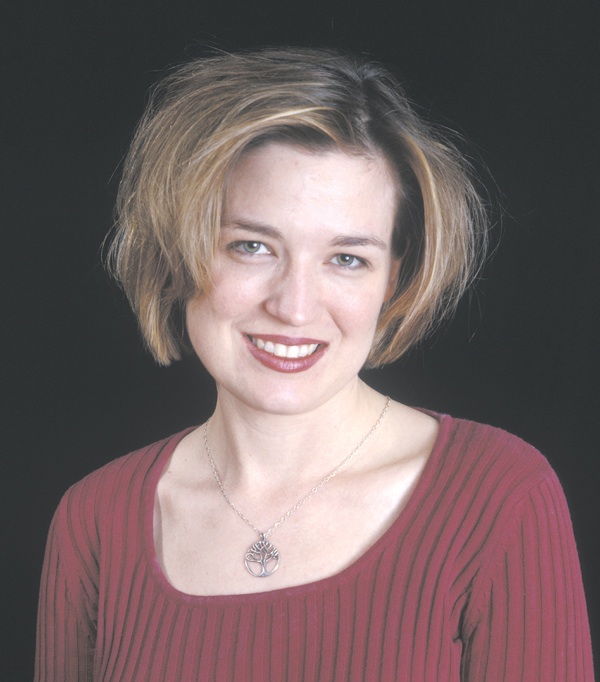
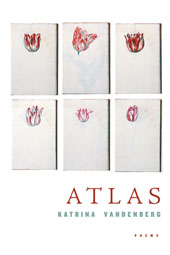
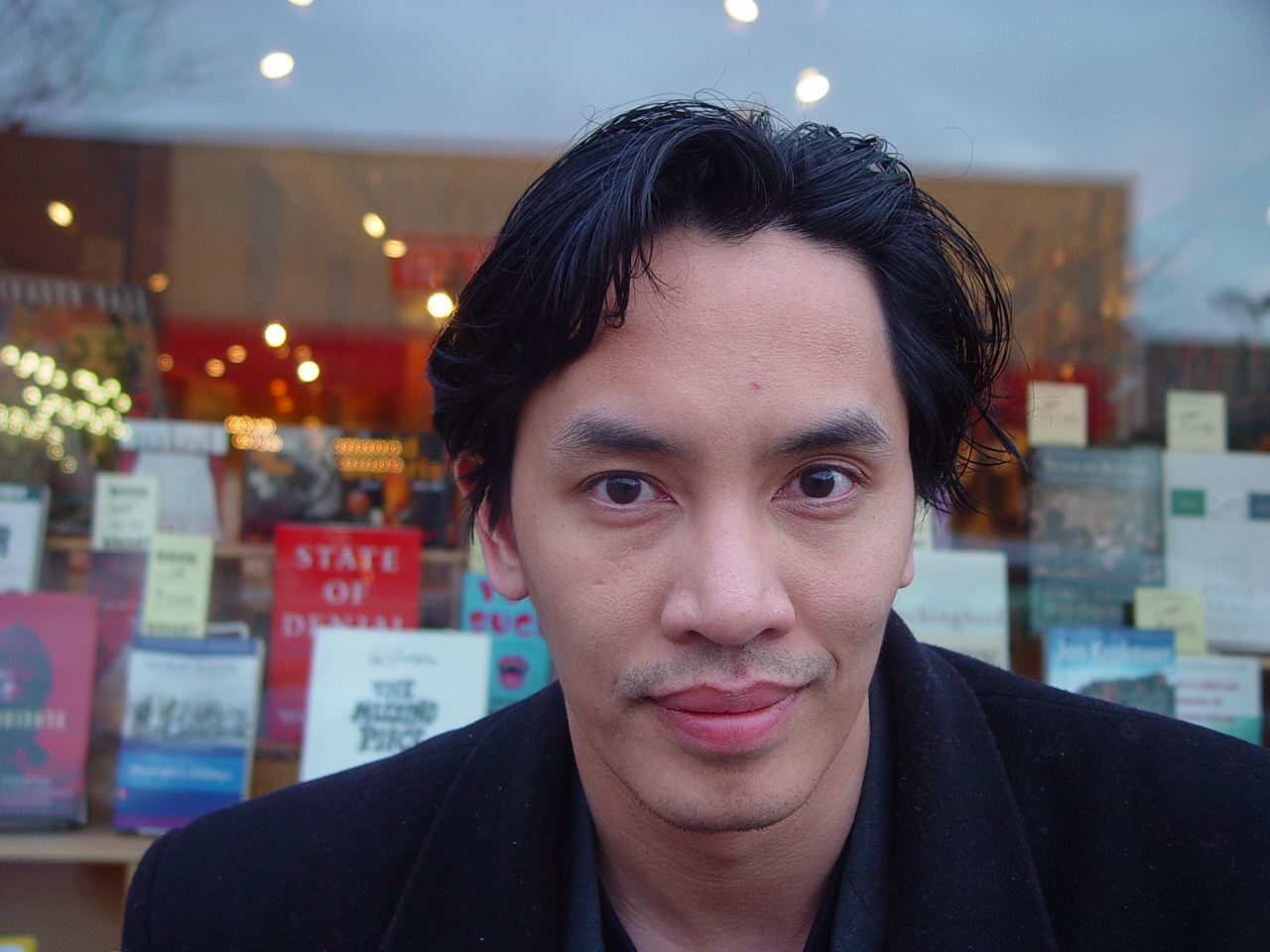
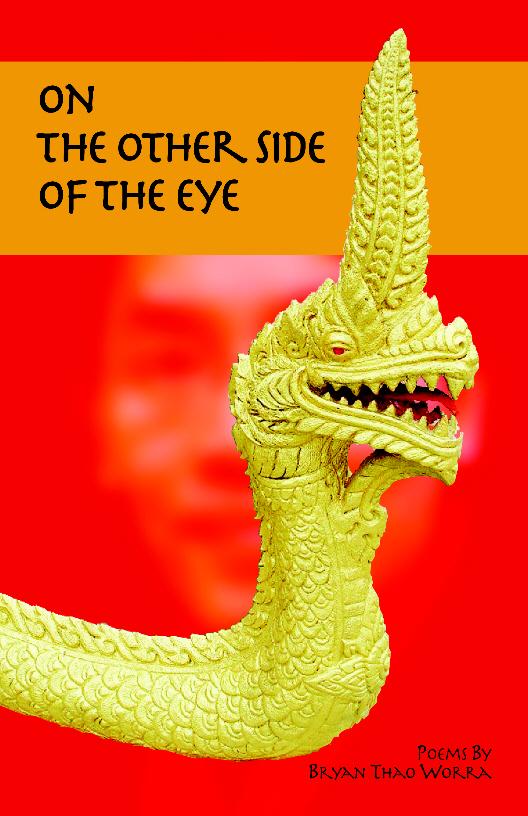
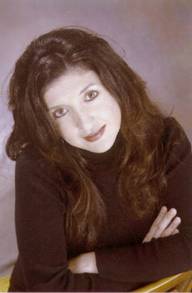
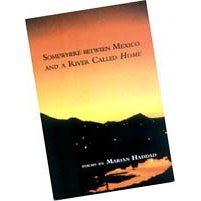
About the Judges (May-July 2008):
Katrina Vandenberg is the author of Atlas: Poems (Milkweed Editions) and co-author of a chapbook, On Marriage (Red Dragonfly Press). She is a former MacDowell, McKnight, Bush, and Fulbright fellow, and in the fall of 2008 will serve as the resident poet at the Amy Clampitt House near Lenox, MA.
Poetics
I once had a writing student who kept himself alive in a African refugee camp by memorizing, then reciting to himself over and over, Martin Luther King’s “I Have a Dream” speech. Whenever I am convinced that language and art are luxuries, I remember that story. On one hand, W. H. Auden said, “Poetry makes nothing happen,” but on the other, William Carlos Williams said, “It is difficult / to get the news from poems / yet men die miserably every day / for lack / of what is found there.”
_________
Bryan Thao Worra is a Lao American poet living in Minnesota. He is the literary editor for Tripmaster Monkey Magazine and Bakka Magazine, an advisor to AsianAmericanPoetry.Com and a freelance writer for Asian American Press. His work is featured in over 70 international publications in Asia, Europe, Australia, Canada and across the United States. His poetry addresses a wide range of subjects from the Secret War for Laos to quantum physics, science fiction and Asian American activism. His first full-length book of poetry, On The Other Side of the Eye, was released in 2007. You can visit him at http://thaoworra.blogspot.com
Poetics
What I look for most in poetry is innovation, energy and authenticity. Poetry that sees the extraordinary within the ordinary, and vice versa. The words attributed to Paul Dirac particularly resonate with me: “In science one tries to tell people, in such a way as to be understood by everyone, something that no one ever knew before. But in poetry, it’s the exact opposite.” I appreciate brevity and precision to engage the mysterious and mundane intriguingly. Above all, the poems should be in a voice that is unique to the poet, irreproducible and sincere.
_________
Marian Haddad, MFA is a poet, essayist and NEH recipient. Her works have appeared in many journals and anthologies. Her chapbook, Saturn Falling Down, was compiled at the request of Texas Public Radio in correlation with their Hands-On Poetry Workshops (April 2003) and her full-length collection of poems, Somewhere between Mexico and a River Called Home (Pecan Grove Press 2004) is in its third printing and is recommended reading by The Valparaiso Poetry Review and Small Press Review. She has taught creative writing at Our Lady of the Lake University and Northwest Vista College and International Literature at St. Mary’s University. She is a visiting writer, manuscript consultant, lecturer and workshop instructor. Her work has been profiled on various media venues. She lives in San Antonio where she is working on various poetry and non-fiction manuscripts.
Poetics
Poetry, for me, has always been both an entry into deepest reality as well as a flight from it. The reading of poetry is as essential to me as the writing of poetry. I believe we must ensconce ourselves in what speaks to us, find the poets whose work connects deeply, and saturate ourselves with their work. I always find, also, that after reading a particular poet for a prolonged period, that it enhances my entry into my own work. Something about the close listening while reading elevates our entire scope of listening; listening for cadence in words, in language, listening for that “thing of the poem” as Creeley and Olsen referred to it, allowing ourselves to be at the height of our observation, a keen observation, a keen listening and a close eye to the sculpting of the work at hand.